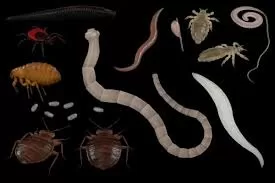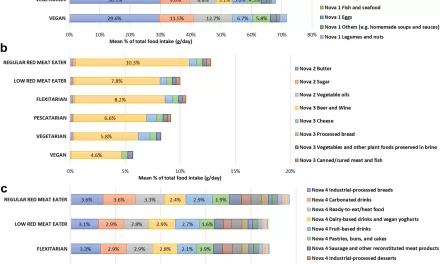Canberra, Australia – Researchers at the Australian National University (ANU) have unveiled a groundbreaking treatment method for parasitic diseases, showing up to 25 times greater efficacy compared to existing therapies. This innovative approach, termed the “trojan horse” method, offers new hope in the fight against deadly parasitic diseases such as malaria.
The breakthrough, led by Alex Maier from the ANU Research School of Biology, involves a novel strategy that capitalizes on the parasite’s reliance on cholesterol. By chemically linking cholesterol to existing anti-parasitic drugs, the team has developed a technique that allows these drugs to be smuggled directly into the parasites’ cells. This method targets the drugs to the parasite’s most vulnerable areas, enhancing their effectiveness.
Current anti-parasitic drugs often face challenges due to the parasite’s ability to adapt and develop resistance. Maier highlighted the limitations of existing therapies: “Existing drugs used to treat malaria are taken up passively by the parasite, meaning they’re not as effective as they could be.”
The trojan horse method addresses this issue by utilizing the parasite’s natural mechanism for cholesterol uptake. “By attaching the drugs to cholesterol, the parasite actively latches onto and consumes the cholesterol. This allows us to deliver the drugs directly to critical killing zones within the parasite, maximizing their impact,” Maier explained.
This innovative approach not only has the potential to enhance the efficacy of existing malaria drugs but also opens the door for the repurposing of previously redundant treatments. Moreover, it promises to lead to the development of more cost-effective and efficient malaria medications.
Beyond malaria, the researchers anticipate that this method could be adapted for other parasitic diseases, including leishmaniasis—a severe condition affecting the skin, mouth, nose, and throat—and giardia, an intestinal infection. The technique also holds promise for treating parasitic diseases in animals, potentially preventing significant economic losses in livestock and pets.
This promising development marks a significant leap forward in combating parasitic diseases, offering renewed hope for more effective treatments and a reduction in the global burden of these conditions.












